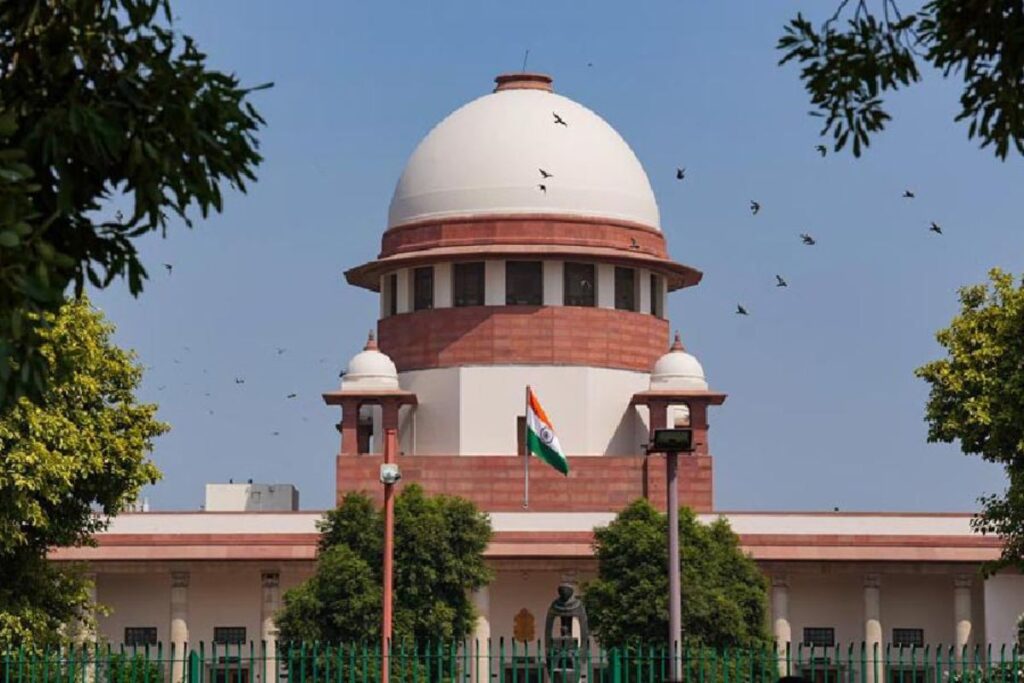Radhika Mittal
In a significant ruling, the Supreme Court has mandated the physical or virtual presence of the Indian spouse as a prerequisite for processing the application of a foreign national for an Overseas Citizen of India (OCI) card, under Section 7-A(d) of the Citizenship Act, 1955.
The verdict came from a Bench comprising Justices Hrishikesh Roy, Sudhanshu Dhulia, and SVN Bhatti, which set aside a previous judgment by the Delhi High Court. The High Court had allowed the processing of an Iranian national’s OCI application without the presence of her Indian husband, citing that their marriage, though still valid, was estranged.
The case was brought before the Supreme Court after the Union Government challenged the High Court’s decision. The woman had argued before the High Court that her marriage was strained and requested that her husband’s presence be waived. Both the single and division benches of the High Court had ruled in her favor, prompting the Union Government to appeal.
The Supreme Court emphasized that the Citizenship Act stipulates that the OCI registration of a foreign spouse of an Indian national is subject to “conditions, restrictions, and manner as may be prescribed.” The Court pointed to Para 21.25(vi) of the Visa Manual, which explicitly requires the presence of the Indian spouse for an interview to verify the authenticity of the marriage and prevent marriages of convenience. During these interviews, officials may ask separate questions to the foreign applicant and the Indian spouse to ascertain the genuineness of the marital relationship.
The bench observed that waiving the spouse’s presence would depart from the established procedure and shift the burden of verification entirely to the authorities. The Court stressed that it is the applicant’s responsibility to satisfy the authorities of the genuineness of their application.
The Supreme Court criticized the Delhi High Court for labeling this requirement as “arbitrary,” particularly in the absence of any legal challenge to the regulations. The Court noted that apart from the spouse’s presence, other conditions outlined in the Citizenship Act, the Visa Manual, and the checklist must also be met, possibly including a declaration by the Indian spouse.
However, the Court also acknowledged that in special circumstances, as provided under Section 7A (3) of the Citizenship Act, the Central Government has the discretion to grant OCI registration even if the standard procedure is not followed. The Court clarified that while it did not express any opinion on whether the respondent’s case merits special consideration, it would be within the government’s purview to assess the situation.
Case Name: Union of India vs. Bahareh Bakshi
Bench: Justices Hrishikesh Roy, Sudhanshu Dhulia, and SVN Bhatti
Click here to access Judgement

